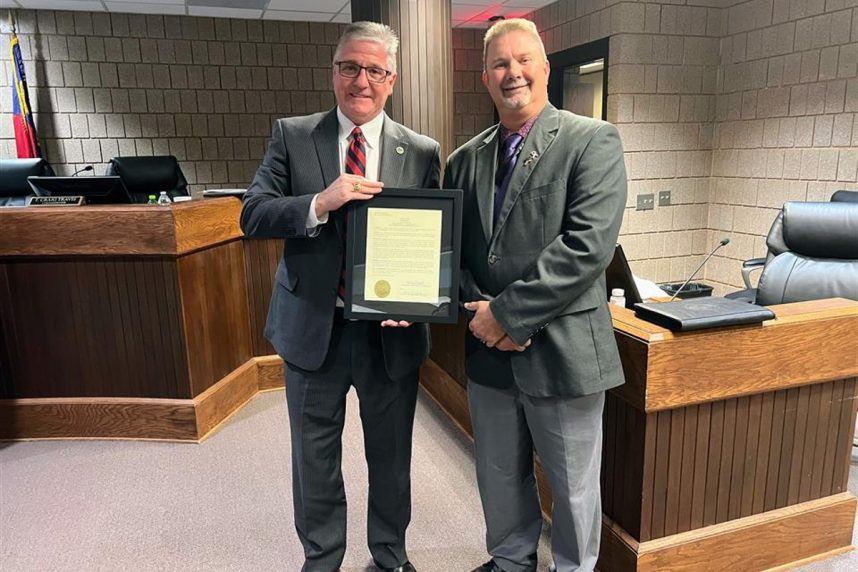North Carolina Judge Rebukes Claims He Had a Bias in Casino-Related Election Lawsuit
Posted on: June 4, 2025, 01:25h.
Last updated on: June 5, 2025, 03:38h.
- A superior court judge in North Carolina said he didn’t have a bias in a recent case
- The plaintiff’s attorneys alleged the judge wasn’t impartial
- The attorneys are facing possible disciplinary actions
A superior court judge in North Carolina is rebuking claims that he had a bias in a recent case he oversaw and therefore should have recused himself.

Last week, North Carolina Superior Court Judge Hoyt Tessener denied allegations from attorneys representing former Rockingham County Commissioner Craig Travis that he shouldn’t have presided over their client’s complaint because of his ties to GOPAC, a Republican national political action committee.
GOPAC was named as one of the defendants in Travis’ complaint that alleged the PAC, along with several of his political rivals who supported a backroom effort to authorize casinos in Anson, Nash, and Rockingham counties, conspired to defame his 2024 reelection bid. In a Friday courtroom hearing on Travis’ appeal for his case to be reconsidered, Tessener dismissed challenges about whether he was impartial.
I do not have any relationships with any of the parties,” the judge declared. “I do not even know them.”
Tessener said he would be reporting Travis’ attorneys, Kimberly Bryan and Alicia Jurney of Parker Bryan Family Law, to the NC State Bar for possible disciplinary repercussions for alleging that he was biased.
Campaign Contributions
Travis alleged that GOPAC, Rockingham County Commissioners Jeff Kallam, Mark Richardson, Kevin Berger, and Donald Power, Rockingham County GOP Chair Diane Parnell, and the North Carolina Conservatives Fund conspired to defeat him in the March 2024 Republican primary. Travis said the named defendants were working on a secret deal with Baltimore-based Cordish Companies to possibly allow the company that runs Live! casinos in Maryland, Pennsylvania, and Louisiana to build resorts in the three rural North Carolina counties.
Travis was seeking more than $100K in damages for what he alleged was a smear campaign that constituted “more than a mere vituperation and name-calling that is characteristic of political campaigns.” Tessener said Travis’ attorneys failed to present evidence to warrant such a claim.
The judge said he has no relationship with Cordish and was not involved in the casino discussions. The push eventually failed due to widespread public criticism.
Travis’ attorneys cited financial campaign contributions Tessener made to former House Speaker Tim Moore (R-Cleveland), who has since been elected to Congress, and Senate President Pro Tempore Phil Berger (R-Rockingham).
Berger was behind the casino legislation on the state level and convinced Moore to get on board. Berger is Kevin Berger’s father.
Tessener gave $6,600 to Moore’s congressional run last year and $1,000 to Berger in 2017.
Tribes Retain Casino Exclusivity
With Moore now in Washington, DC, and Berger dampening his enthusiasm for casinos amid backlash from his constituents, the odds are good that North Carolina will remain free of commercial casinos. The Tar Heel State, however, is home to three tribal casinos with Harrah’s Cherokee, Harrah’s Cherokee Valley River in Murphy, and the temporary Catawba Two Kings Casino in Kings Mountain.
The permanent, larger Two Kings Casino Resort, located about 35 miles west of Charlotte, is planned to open early next year. The destination will have 4,300 slot machines, 100 live-dealer table games, a 400-room hotel, five restaurants, and six bars. The Catawba Nation expects to employ 2,000 people upon the resort’s completion.
No comments yet